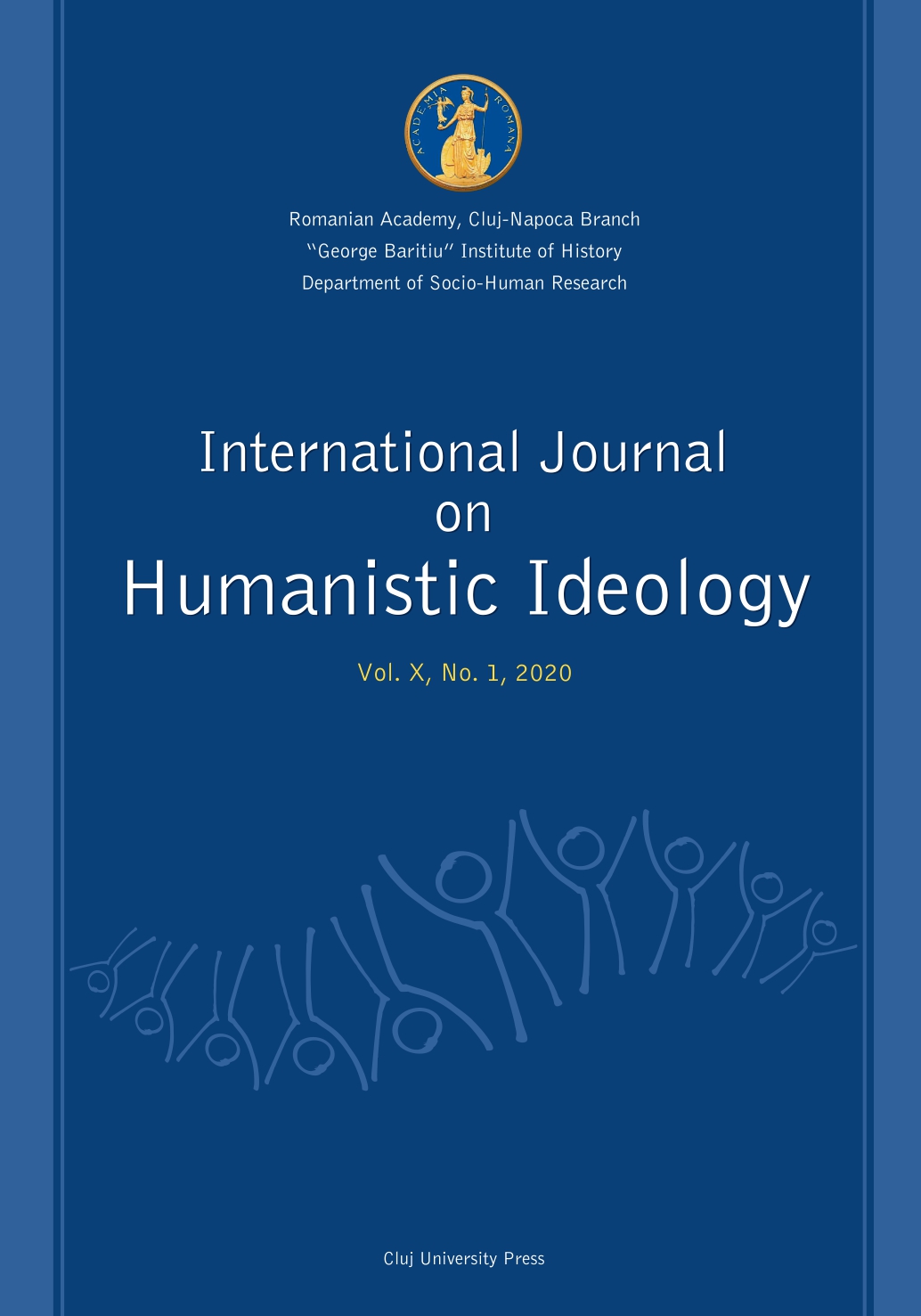The Lack of the Body and
the Body of Writing in Kierkegaard
The Lack of the Body and
the Body of Writing in Kierkegaard
Author(s): Flaviu-Victor CâmpeanSubject(s): Philosophy, Aesthetics, 19th Century Philosophy, Existentialism, Psychoanalysis, Phenomenology
Published by: Presa Universitara Clujeana
Keywords: body; lack; writing; substitution; melancholia; pseudonyms; anxiety; ek-sistence;
Summary/Abstract: Søren Kierkegaard existed only through his work, which comprises his literary and philosophical pseudonymous oeuvre, the Journal and the theological bodies of work. When unable to nourish this vivid production anymore, he launched his attack against the church in a periodical called the Instant, an effort he could not sustain for too long. In the midst of the attack he fell violently ill in the street in Copenhagen and died in hospital, without having previously been diagnosed with a serious or fatal illness. On the other hand, his body has always been rendered as a failure, even as a missing element in some passages that reveal symptoms of different kinds of hypochondria. These are due to what he confesses to be an “excess of spirit”, a hyper-spiritual subject that enacted a peculiar melancholic and incorporeal condition. The failing body pertains to the lack of an effective body that could sustain existence and at the same time enforces the solution to the question concerning the unavoidable ek-sistence in anxiety (Heideggerian avant la lettre) by way of an incorporeal body of writing. In this paper I will point out the connections between the function of Kierkegaard's writing as a vehicle for shaping identity and the metaphors of the failing body, using a psychoanalytical approach, while trying at the same time to keep close to Kierkegaard’s own style of allusions and bitter irony as an attempt to save the unique subject by writing.
Journal: International Journal on Humanistic Ideology
- Issue Year: X/2020
- Issue No: 1
- Page Range: 119-136
- Page Count: 18
- Language: English

